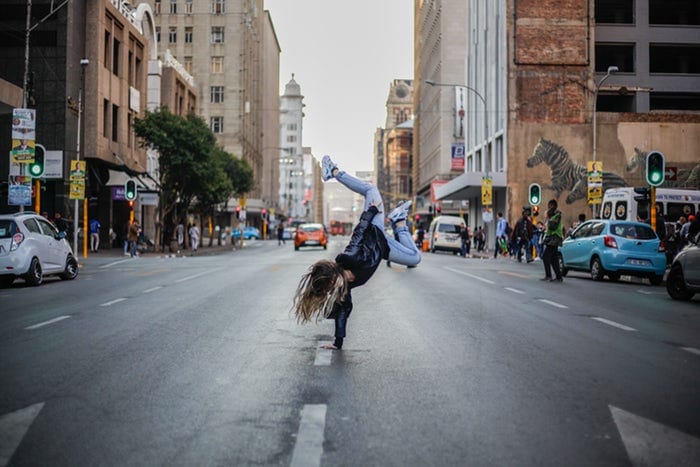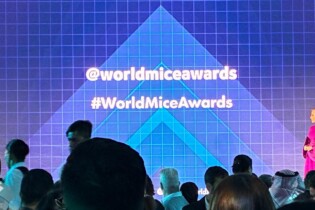Johannesburg has emerged as the most popular destination city in Africa for the fifth consecutive year, according to the annual Mastercard Global Destination Cities Index.
The City of Gold attracted 4.05 million international overnight visitors in 2017. Close on its heels, Marrakech in Morocco is the second most popular African destination city, welcoming 3.93 million international overnight visitors last year. Polokwane (1.88 million), Cape Town (1.73 million) and Djerba in Tunisia (1.65 million) rounded out the top five African cities ranked in the Index.
Johannesburg also recorded the highest international overnight visitor expenditure among African cities with travellers spending US$2.14 billion in 2017. On average, international visitors stayed 10.9 nights and spent US$48 per day in Johannesburg, with shopping accounting for more than 50 percent of their total spend.
“The City of Gold has once again topped the ranks of this year’s African index, with its mix of shopping and tourism offerings still hitting the mark with international travellers,” says Mark Elliott, Division President of Mastercard Southern Africa. “The ranking is significant for Joburg’s economic prospects as visitor expenditure contributes an important source of revenue to the retail, hospitality, restaurant and cultural sectors.”
The Mastercard Global Destination Cities Index ranks the world’s top 162 destination cities in terms of visitor volume and spend for the 2017 calendar year. It also provides insight on the fastest growing destination cities, and a deeper understanding of why people travel and how they spend around the world. This year’s Index ranks 23 major African cities including Cairo, Nairobi, Lagos, Casablanca, Durban, Tunis, Dar es Salaam, Accra, Kampala, Maputo and Dakar among others.
As an indication of the importance of intra-regional travel, just over 57 percent of international overnight visitors to Johannesburg in 2017 originated from five Southern African countries. Mozambique was the number one country that sends visitors to Johannesburg, accounting for 809 000 visitors or 20 percent of the total, followed by Lesotho (12.4 percent), Zimbabwe (12 percent), Botswana (6.7 percent) and Swaziland (6.1 percent).
According to the City of Johannesburg, the Index rating affirms Johannesburg’s position as the major economic and cultural hub in Africa.
South African cities show strong performance
Cape Town and Polokwane ranked third and sixth in terms of the African cities with the highest international overnight visitor expenditure in 2017, with visitors spending US$1.62 billion and US$760 million respectively. While visitors to Cape Town stayed 12.5 nights and spent US$75 per day on average, travellers to Polokwane stayed for a shorter period (4.3 nights), but spent more per day (US$95). Shopping is also a drawcard for visitors to both Cape Town and Polokwane, accounting for 22 percent and 60 percent of their total spend respectively.
The Mother City attracted the largest proportion of long-haul visitors in South Africa, with travellers coming from the United Kingdom (14.4 percent), Germany (12.4 percent), United States (10.9 percent), and France (6.6 percent). Cape Town’s highest number of African visitors came from Namibia (6.2 percent). Polokwane’s top three countries of origin were Zimbabwe (77.7 percent), Botswana (6.9 percent), and the United States (2.5 percent).







